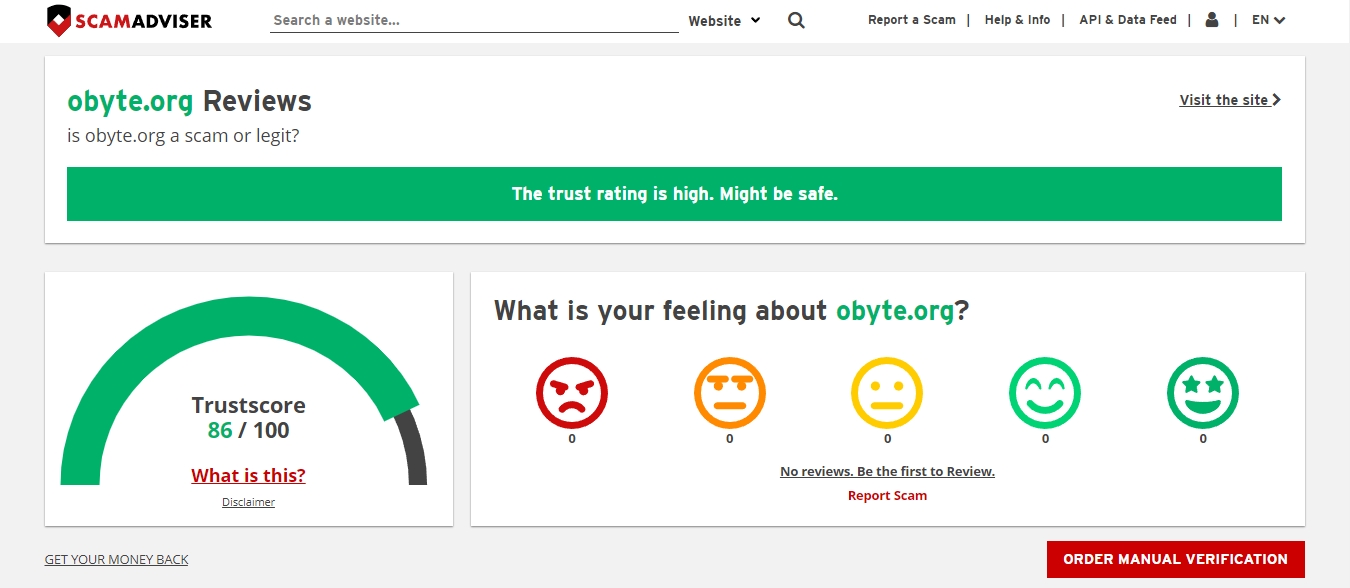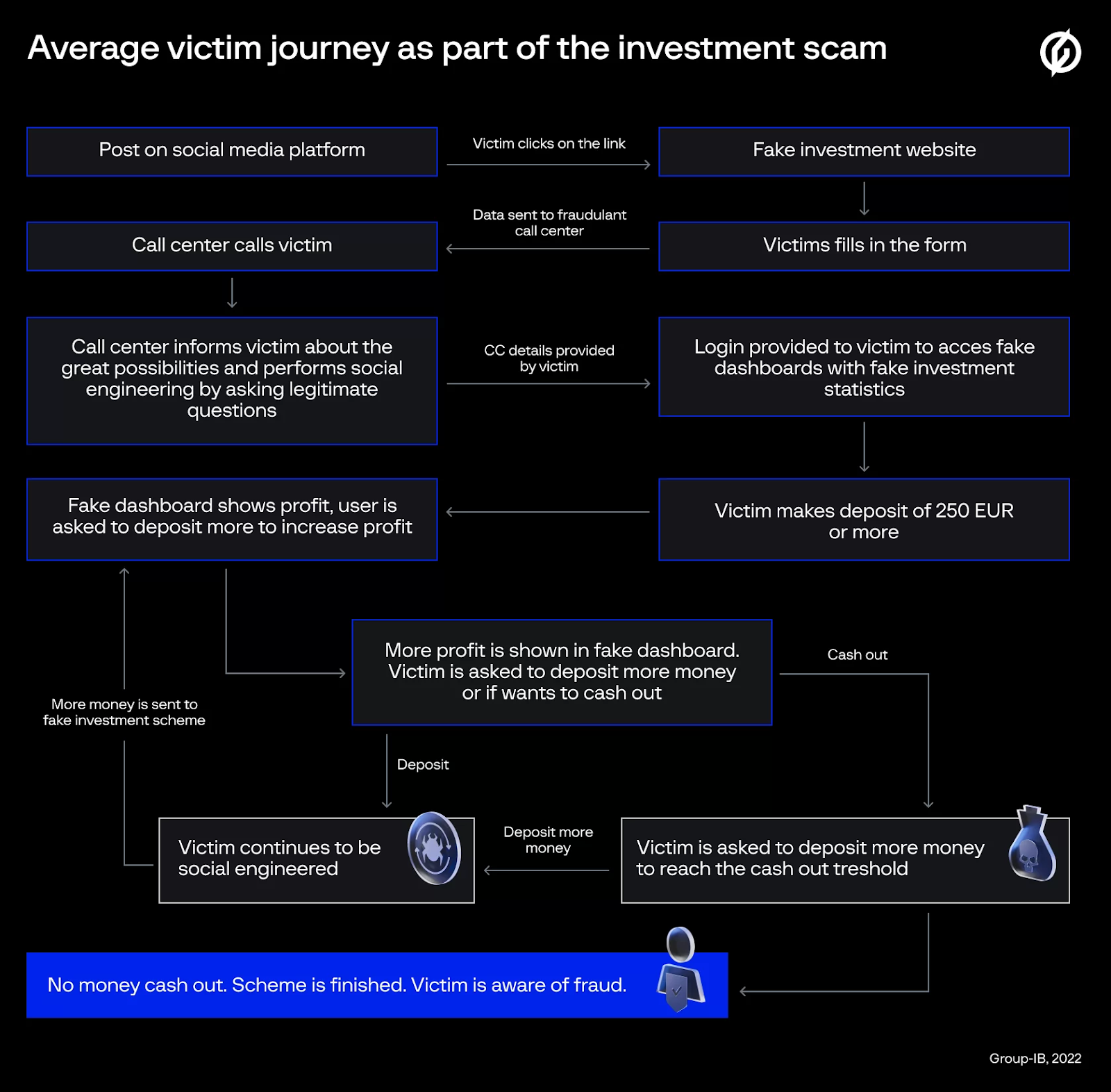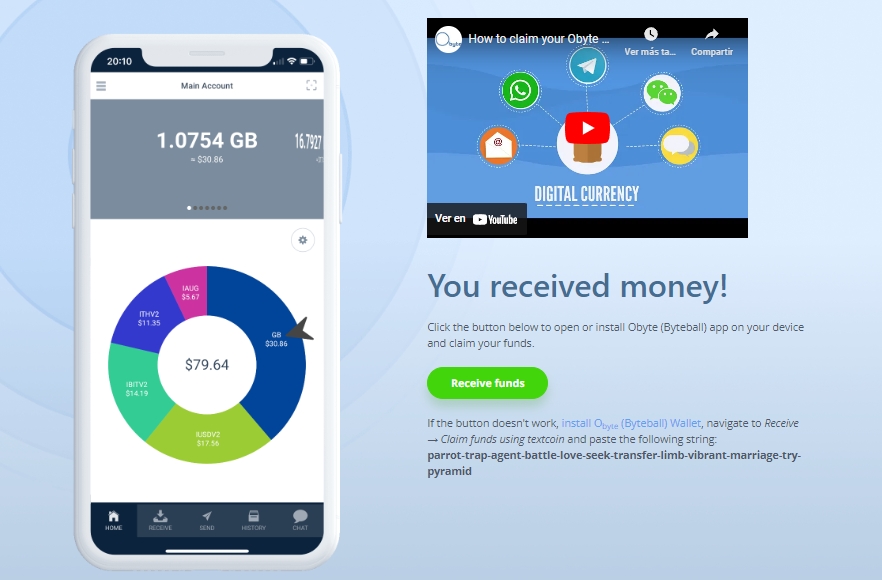and the distribution of digital products.
DM Television
Crypto FAQ: How to Discuss & Gift Crypto to Your Family This Christmas
\ Surely, the idea of giving some crypto to your loved ones on Christmas has crossed your mind. However, the logistics of such a gift could be a bit troublesome if the recipients don’t have a clue about the topic —which is often the case. Will your relatives truly appreciate something that they don’t understand? If you give them the twelve precious words of a private key, will they be able to handle it? Are they even convinced that this is real money?
\ Some Redditors have faced this kind of situation in past years while discussing or gifting cryptocurrency to their families on Christmas. Based on their experiences, we’ve pulled out some common questions (and accusations?) that will probably come up for you, too. But instead of choosing socks as a Christmas gift, you can always turn to this little guide to answer them and attract more crypto users for the upcoming year.
It’s a scam! (Or malware)This is a classic one. “My family still says it’s all a scam and it’s not tangible so it can’t be real. They think every time I buy crypto, I’ve lost all my money,” said one of the posters on Reddit. Another one told this funny bit: “My uncle said BTC was an Apple-killing malware. As I write, I am still laughing.” Of course, the first step would be saying that crypto is definitely not a scam or malware, but how to make them believe it?
\ You could explain the workings of money, centralization, and decentralization too; and how most crypto coins have no one behind them to take advantage of the users. If you own your private key, no one, in theory, could snatch your coins away or limit your spending —so this is even better than a regular bank. You could, yeah, but perhaps no one wants a masterclass on Christmas.
\ Take your phone instead. Open your crypto wallet app, and buy something online, anything (like an ugly crypto shower curtain?), using cryptocurrency. You could also exchange to fiat currency live, just to show them that this works like any other form of money. If they argue that “scammers are smart and make me think I can do that but when I make a big deposit they will take my money and run,” tell them to just make a quick Google search on the involved brands (wallets or exchanges). They can even check on sites like Trustpilot or ScamAdviser.
\
\
The crypto expertsOn the opposite side of the coin, we’ll have some relatives and friends talking about how they met or read about some dubious crypto experts or investment platforms along the way. They’re promising extraordinary profits with very little investment, and your relative/friend is thinking about giving them money to start. Surely, you’ve tried them, haven't you? That’s why you’re giving gifts in crypto, right?
\ Well, now it’s ironic that those who don’t believe that crypto is a scam are about to be scammed —by cybercriminals who may not even be dealing with cryptocurrencies, per se. This would be a great time to debunk another classic crypto myth: that cryptos work to make anyone rich overnight. They don’t, clearly, and that attractive investment is nothing more than bait to catch naive people. It’s important to tell them that cryptocurrencies aren’t scams themselves, but scammers are totally using them to deceive and rob people.
\
\ You can show them this diagram. It’s a common process, and, for some reason, they always ask for 250 USD or EUR to start. Fake publicity with celebrities ‘recommending’ these platforms is also around, even with deepfakes. The last thing your loved ones want to do on Christmas is get scammed with the promise of trading cryptocurrencies that were never there.
\
You need a lot of money to begin with“You must be rich since you’re buying whole bitcoins” is another very frequent and very incorrect observation. Average people often count money from one, because decimals are way too insignificant in most cases. From this logic, they tend to think that to start investing in cryptocurrency you’ll need thousands of dollars. It’s a secret to no one that Bitcoin crossed $100k in December 2024, for instance. That’s, more or less, the value of a whole house and some more, depending on the place. So yes, it may sound overwhelming.
\ There are two main issues with that logic in crypto, though. First, buying whole bitcoins at this point is actually for rich people, so the rest of us mortals handle decimals. And they’re good decimals, thanks. Bitcoin, for example, has eight decimal places, and 0.001 BTC is equivalent to around 100 USD —perfectly usable. The second issue is that not only Bitcoin exists.
\
\ According to CoinMarketCap (CMC), there are around 10,311 different cryptocurrencies by December 2024. Not all of them have the same prices (or functions). Indeed, they vary a lot, from a few cents per unit to, well, Bitcoin. Before even thinking about putting money into them, though, it’s important to perform thorough research on your coin of choice. We’ve also prepared a guide to find good and bad signals in a whitepaper, the foundational document that always must be there.
\
Technical concernsLet’s consider this story before commenting:
\
“This year I have decided to give my children and family members a paper with 24 words on it with the words: These are the 24 (BIP39) words for your Bitcoin wallet. I have deposited xx$ in your wallet. If you want to use it, I suggest you learn about Bitcoin. If you did and still can’t access it, please let me know if I can help.”
\ Maybe it’s a good way to push young people to learn about crypto, but maybe they’ll need something more user-friendly. For starters, we should avoid terms like ‘BIP39’ if we’re trying to teach something to clueless potential users. A better way to approach this kind of gift could be to include instructions without technical terms and easy QR codes to download a proper wallet. Next, you can guide them through the first set-up, and tell them that private keys are the only way to access their funds —so they must take exquisite care of them.
\ Crypto addresses could also be intimidating, so you could replace them with something like textcoins or usernames in Obyte. They’re twelve random words (textcoins) or a simple @Username that lets anyone send and receive tokens in a more user-friendly way. No need to type or copy and paste long alphanumeric strings and double-check not being wrong because you can render your coins useless otherwise.
\
\
No luck at explaining?Have you tried to explain decentralization to a whole room of clueless and possibly disinterested relatives on Christmas, and failed? Then don’t. Just mention some brief key points that may actually catch their attention:
\
If only you have your private password (keys) here, no one can freeze or snatch away your savings. Not even the bank or the government, ever.
The whole cryptocurrency market cap is at over $3.7 trillion. No one believed at first (in 2009) that Bitcoin would reach even $1. Now it’s at $100k. The rest of the altcoins are actively traded by a lot of people and companies worldwide —hence the market cap.
There are actual regulations, like MiCA in Europe, surrounding the industry and protecting consumers.
You’re not going to get rich overnight, and there are a lot of scams to avoid (with traditional money it is the same, though). On the other hand, you can keep your savings really safe and potentially growing, and send and receive money globally without intermediaries, censorship, or high fees. Cryptos are money for freedom, especially fully decentralized ones, like Obyte.
\
Next, you can go straight to the practical side and announce that this is just like any other app on their phones. Only this app is for handling money without banks or governments. Demonstrate how it works live with a random transaction, and that’s it. We hope for the best and wish everyone a Merry Christmas!
\
:::info Featured Vector Image by jcomp / Freepik
:::
\
- Home
- About Us
- Write For Us / Submit Content
- Advertising And Affiliates
- Feeds And Syndication
- Contact Us
- Login
- Privacy
All Rights Reserved. Copyright , Central Coast Communications, Inc.



